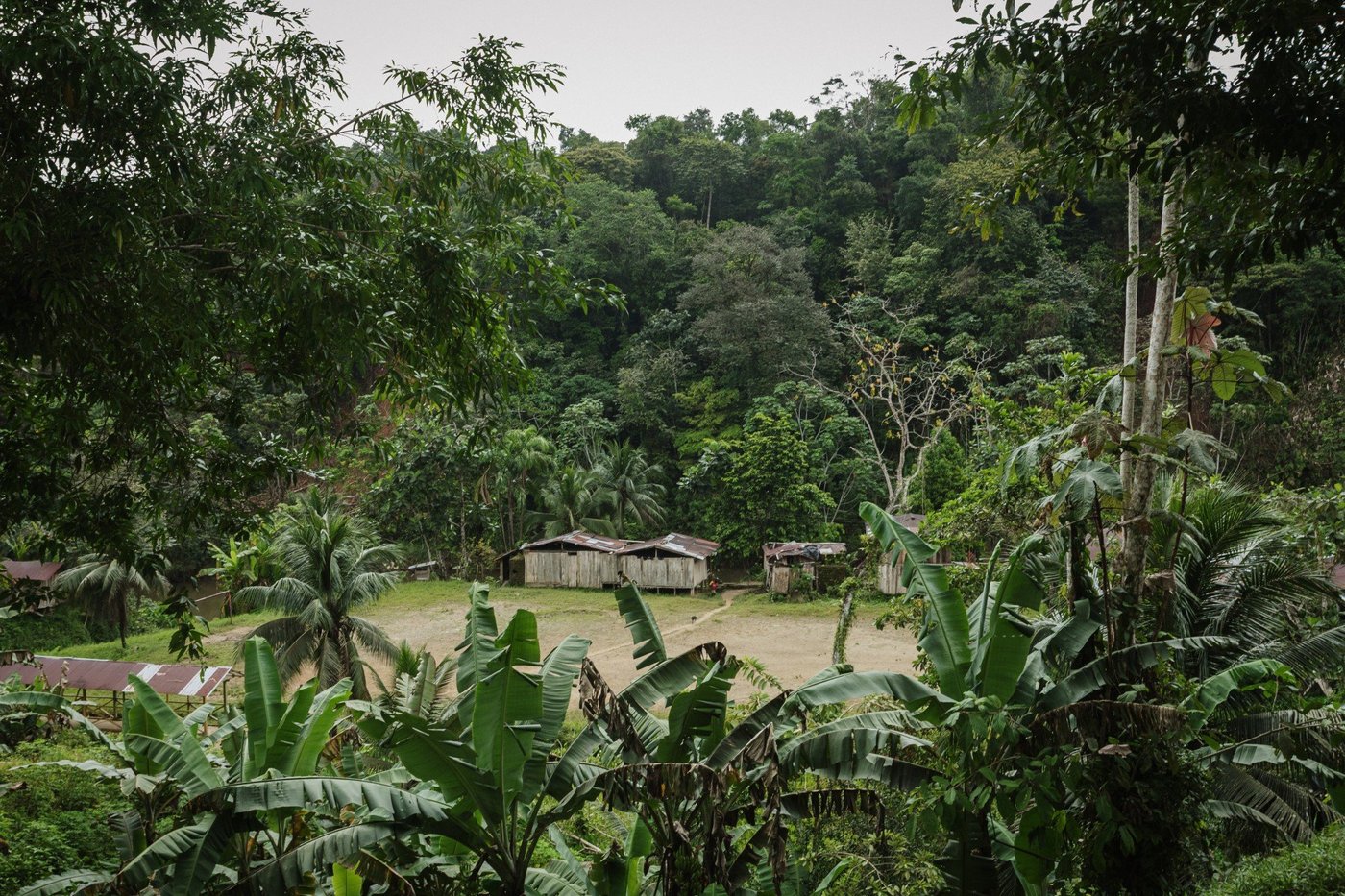To mark the ninth anniversary of the peace agreement, the Norwegian Refugee Council (NRC) calls on all armed actors to respect unrestricted humanitarian access and guarantee the freedom of movement for the civilian population. NRC further reiterates its appeal to the State to make a greater effort to ensure the protection of people in territories where organised armed groups maintain a presence.
“The persistence of conflict must not, under any circumstance, interrupt access to humanitarian assistance or violate the civilian population’s right to free movement,” said Giovanni Rizzo, NRC’s country director for Colombia.
“This year, in the east of the country, a family of seven was forcibly confined within their territory by armed groups. They had to subsist on only a single bunch of green bananas for nearly four weeks, lacking safe water, and seeing their children’s education suspended. This is just one example of the extreme measures used by armed groups to push an already vulnerable population to the edge of survival. Regrettably, this plight recurs in rural communities across the country.”
The figures are worrying. According to recent reports, the number of members in armed groups has quadrupled during the peace agreement’s implementation period, increasing from over 6,500 in 2017 to more than 25,000 in 2025. This rise, coupled with the actions of these groups, explains the increase in the number of displaced people, which rose from 139,000 in 2017 to over 388,000 in 2024.
“The armed group has so much control in my village that they impose the hours we can move, the colour of clothing we cannot wear, they assume the role of judge in disputes between neighbours, extort local businesses, decide who buys the coca harvests they force us to grow, and they prohibit us from reporting the abuses against us. They are like the authority in the territory,” a displaced man from western Colombia told NRC. He was forced to flee after receiving death threats for refusing to pay a ‘tax’ imposed by the organised armed actor.
Colombia remains in the top three countries with the highest number of internally displaced people in the world, surpassed only by Sudan and Syria. The International Committee of the Red Cross warned in mid-2025 that the continued escalation of the conflict would make this year the worst of the past decade in humanitarian terms.
Adding to this severity, humanitarian organisations increasingly face access challenges to reach conflict affected people.
In the first six months of 2025 alone, the humanitarian community reported one incident daily that limited the ability to provide timely humanitarian assistance, as a direct consequence of the actions of organised armed groups. This represents an increase of 90 per cent compared to the same period in 2024. Over one million people have been affected by these restrictions.
“Guaranteeing humanitarian aid and access to the affected civilians is not an option, but the precondition upon which any effort for lasting peace must be built. It is urgent that the State as a whole guarantees its presence in rural territories to protect rural communities, while all parties to the conflict must immediately commit to respecting the rights of the civilian population,” said Rizzo.
Notes to editors:
- According to OCHA, between January and September 2025, over 1.3 million people were affected by 339 humanitarian access incidents, mainly in the departments of Cauca, Chocó, and Norte de Santander.
- According to Fundación Ideas para la Paz, the number of members of organised armed groups was 6,519 in 2017 and 25,278 in 2025.
- In Colombia and according to the Internal Displacement Monitoring Centre (IDMC), 139,000 people were forcibly displaced in 2017 and 388,000 in 2024.
- As of the end of 2024, 7.3 million people were living in internal displacement as a result of conflict and violence in Colombia, surpassed only by Syria (7.4 million) in Syria and Sudan (11.6 million) (IDMC).
- According to the International Committee of the Red Cross (ICRC), 2025 set to be the decade’s worst year in humanitarian terms.
- Nearly 9.3 million Colombians continue to live in areas where organised armed actors are present (OCHA).
- Between January and June 2025, 228 humanitarian access incidents were recorded in Colombia. In the same period of 2024, 118 events were reported, this represents a 93 per cent increase. 79 per cent of the recorded incidents in 2025 were caused by the actions of organised armed groups.
For more information or to arrange an interview, please contact:
- NRC global media hotline: media@nrc.no, +47 905 62 329
- Ana Milena Ayala Sanchez, advocacy and communication officer in Colombia: ana.ayala@nrc.no, +57 3232746021


